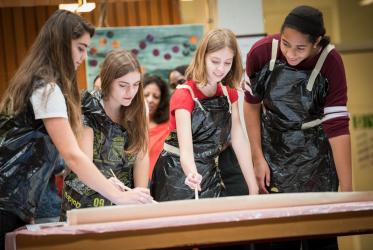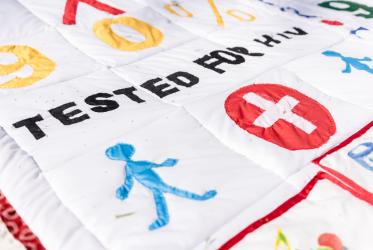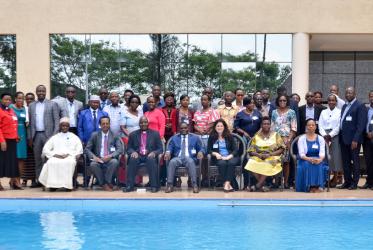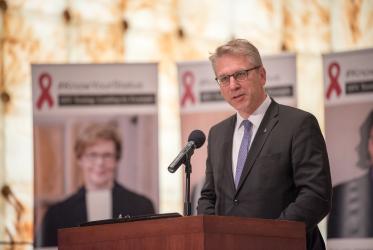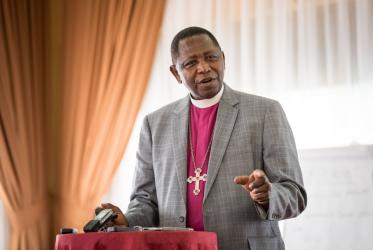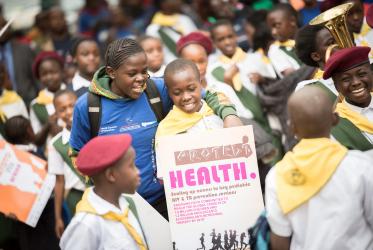Displaying 61 - 80 of 147
07 December 2017
“God has brought ways of defeating HIV”
31 October 2017
Ugandan Mothers’ Union leader helps overcome HIV
31 October 2017
“Good healthcare a right, not a privilege,” says WCC-EAA
11 October 2017
Faith on the fast-track - for children living with HIV
13 September 2017
“It will take faith to get down to business, to overcome HIV and AIDS”
13 September 2017
“Facing the storm of HIV, we can move together, be agents of change”
06 September 2017
“Do you know where to search for your lost child?”
18 July 2017

